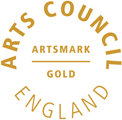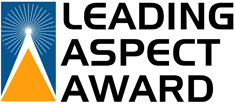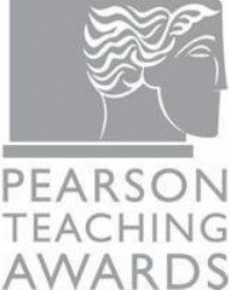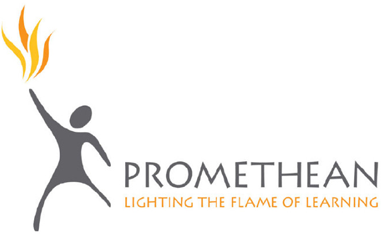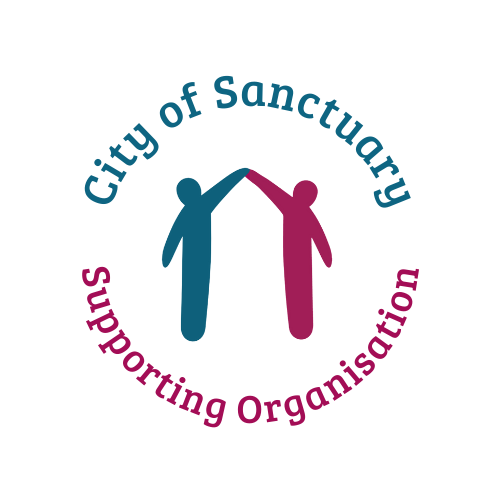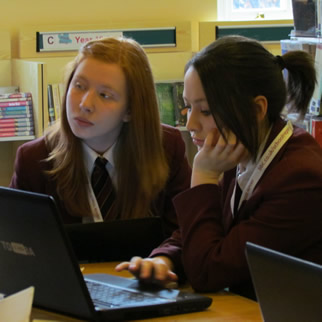 Business Studies
Business Studies
Contact details:
Name : Mr J Smith
Position : Curriculum Area Leader Computer Science and Business Enterprise
Email address : jsm@selbyhigh.co.uk
Student Website: https://sites.google.com/selbyhigh.co.uk/scs-business/home
ICT, IMedia, Business & Computer Science Curriculum Overview
computer science and business overview 2019 2020.pdf
Curriculum Intent:
A GCSE qualification in Business Studies encourages students to be inspired, moved and challenged by following a broad, coherent, satisfying and worthwhile course of study and gain an insight into related sectors. The Business Studies GCSE prepares students to make informed decisions about further learning opportunities and career choices.
GCSE Business Studies enables students to :-
- Actively engage in the study of Business and Economics to develop as effective and independent students and critical and reflective thinkers with enquiring minds
- Use an enquiring, critical approach to distinguish facts and opinions, to build arguments and make informed judgements
- Develop and apply their knowledge, understanding and skills to contemporary issues in a range of local, national and global contexts
- Appreciate the range of perspectives of different stakeholders in relation to Business and Economic activities.
- Consider the extent to which Business and Economic activity can be ethical and sustainable.
KS4
The course content comprises:
Spotting a business opportunity
The key to success in identifying a new business opportunity: careful research and analysis of local and/or national market. This enables a business to gain insight into its marketplace (both customers and competitors) and focus on identifying a competitive advantage or opportunity.
Enterprise
Looks at the skills needed to be enterprising. This involves asking questions and seeking answers without feeling the need for certainty. These skills could be of benefit in any workplace situation, but especially in the context of a Business start-up. The objective is to encourage creative and active thinking and learning.
Putting a Business idea into practice
Considers the practicalities of making a Business idea happen and emphasises how focusing on the financial aspects should not distract from the importance of effective management of marketing and human factors.
Making the start-up effective
Focuses on the customer and staff, showing that success in any Business is based on far more than the skills or inspiration of a single individual; Business is about people, not a person.
The economic context
The emphasis here is not macro-economics but the factors outside the control of the Business that may prevent it from meeting its objectives
Marketing
Considers how to make a Business stand out in a competitive marketplace. Businesses need to think constantly about how to gain an advantage over the competition, through either product, service or image. Students should distinguish between tactical ways of boosting sales temporarily and strategic ways of developing the Business in the medium term
Meeting customer needs
Focuses on how to achieve customer satisfaction and therefore, repeat purchase. It brings in elements of operations management to provide a rounded approach to the process of meeting or exceeding customer expectations.
Effective financial management
Successful operations need to be turned into financial success, if only to finance the development of the Business. This section considers how to achieve this. The emphasis is on financial decision making, not the recording of information on a Profit and Loss Account or balance sheet.
Effective people management
A key difference between starting and building a Business is the number of staff and the complexity of dealing with staff. This topic leads students to consider whether the staff of an individual business really are ‘its greatest asset’.
The wider world affecting Business
The economic and social context are important influences on the success or failure of a Business. The ethical stance of each Business also affects its social acceptability and perhaps, therefore, its success. This leads students to understand the difficult environmental, social and ethical questions facing Businesses.
The full programme of study and assessment details can be viewed at: https://qualifications.pearson.com/content/dam/pdf/GCSE/Business/2017/specification-and-sample-assessments/GCSE_Business_Spec_2017.pdf
The KS4 Business curriculum has been created to provide the maximum support for student’s progression and understanding. Whilst we aim to teach the specification thoroughly students are expected to learn skills and knowledge which they can apply in alternative situations. This multi-layered approach to teaching provides students with repetitive referencing to their knowledge to their previous knowledge thus providing them with more confidence and surety within an scenario situation.
Clubs / Extra Curricular Activities, Visits and Trips
Trips are a meaningful way of enabling students to see practical applications of the principals involved in their classroom learning. The department strives to create links between ourselves and businesses both local and nationwide in order to provide students with the very best education.
During lunchtimes and afterschool students are welcome to come into the Hemingway suite to complete their Business projects or homework. For further details students should ask a member of the team.


